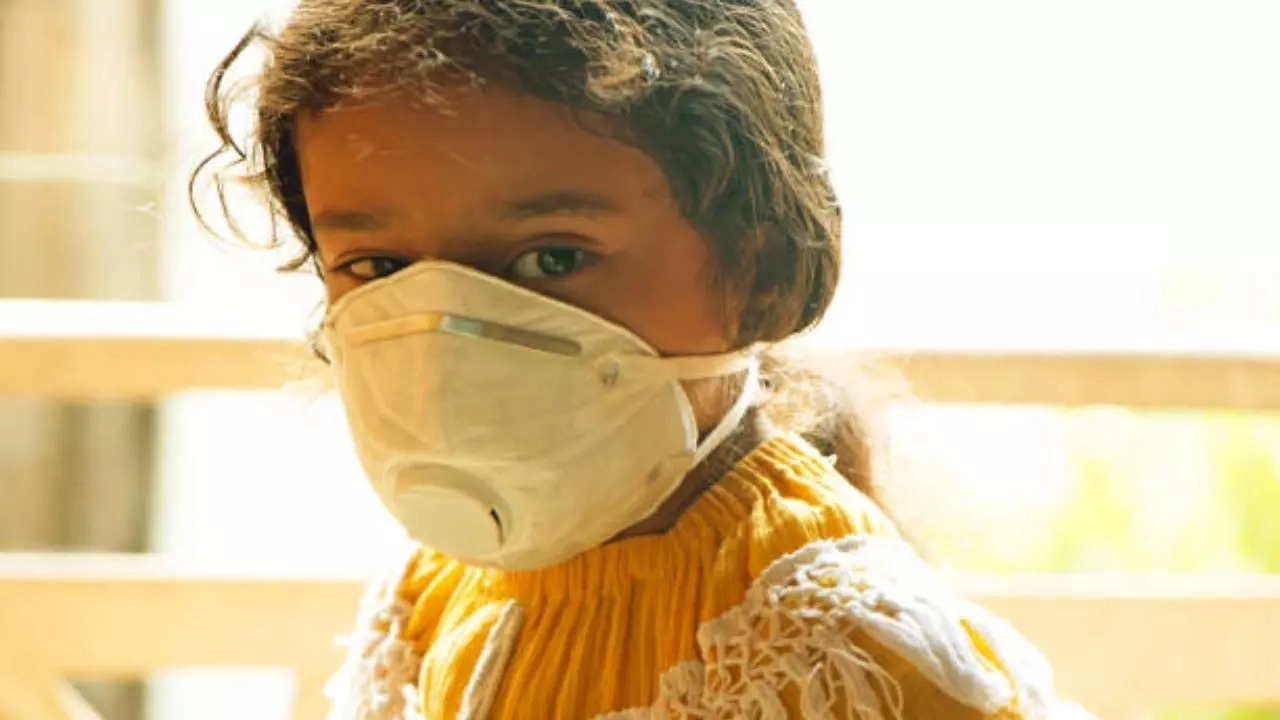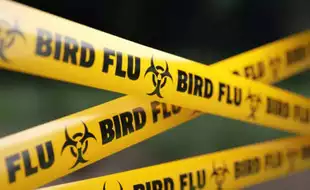News
Delhi Air Pollution: Poor Air Quality Can Impact Your Child’s Health Severely, Know How

Know How Poor Air Quality Can Impact Your Child’s Health
Photo : iStock
The air quality in Delhi is in the ‘poor’ category with an average AQI of 271 this morning. According to the Central Pollution Control Board(CPCB), the AQI at Anand Vihar was 302, 193 at Chandni Chowk, 280 at ITO, 273 at IGI Airport, 321 at Wazipur, 239 at Lodhi Road and 312 at Narela. The 24-hour AQI was at 304 on Tuesday in Delhi.
Speaking to PTI, Mahesh Palawat of Skymet Weather Services said, “This wind pattern has kept stubble-burning smoke away from reaching the national capital. Although the wind speed was moderate in the afternoon, it has calmed since then. The improvement in air quality is largely due to this wind pattern.”
According to the World Health Organisation (WHO), air pollution is “contamination of the indoor or outdoor environment by any chemical, physical or biological agent that modifies the natural characteristics of the atmosphere.” AQI between 0-50 is considered “good”, 51-100 is “satisfactory”, 101-200 is “moderate”, 201-300 is “poor”, 301-400 is “very poor”, 401-500 is “severe” and above 500 is a “severe plus”.
Air pollution can impact one’s health severely and the risks tend to be higher for children. Here, take a look at how poor air quality can impact the health of your child.
Respiratory Issues
Children are more vulnerable to breathing problems like asthma and bronchitis due to their smaller lungs and developing respiratory systems. Pollutants like particulate matter (PM2.5 and PM10) and nitrogen dioxide can irritate the airways, thereby, making it harder for them to breathe and increasing the risk of chronic respiratory diseases.
Weaker Immune Systems
The immune systems of children are still developing and this makes them more susceptible to infections and diseases caused by air pollution. Exposure to harmful pollutants like sulfur dioxide and ground-level ozone can impact immune function. This makes children more likely to catch colds, flu and other infections.
Impact on Brain Development
Pollutants, especially heavy metals like lead and chemicals like carbon monoxide can impact children’s brain development. Studies show that these pollutants can lead to cognitive issues, lower IQ levels and attention problems. These impacts might be long-term which eventually affects learning, memory and overall brain function.
Higher Risk of Allergies
Polluted air increases the chances of allergies in children. Chemicals like ozone and particulate matter make the respiratory system more sensitive, thereby, causing allergies to substances like pollen and dust. This can lead to symptoms like itchy eyes, sneezing and skin irritation.
Impact on Foetal Development
When pregnant women breathe in polluted air, the toxins can cross the placenta, thereby, affecting foetal development. This exposure increases risks for preterm births, low birth weights and developmental delays in babies.
Poor Physical Growth
Children exposed to high levels of pollution may have stunted growth due to the stress these pollutants place on their bodies. This includes both height and lung growth. Chronic exposure can also lead to cardiovascular problems, thereby, affecting overall health.
Get Latest News Live on Times Now along with Breaking News and Top Headlines from Health and around the world.
Our Blogs
Our Recent News

Why Does Running Outdoors Feel Harder Than On A Treadmill?
While running inside and outside both have their own benefits and drawbacks, there’s no denying that...

California Case Is the First Confirmed H5N1 Bird Flu Infection in a US Child
The child attends daycare and lives in Alameda County, which includes Oakland and surrounding commun...

Chinese Scientists Report 'Promising Results' From Novel Alzheimer's Surgery; Here's How
The LVA surgery was first conducted on a 76-year-old man with moderate Alzheimer’s and subsequently,...

